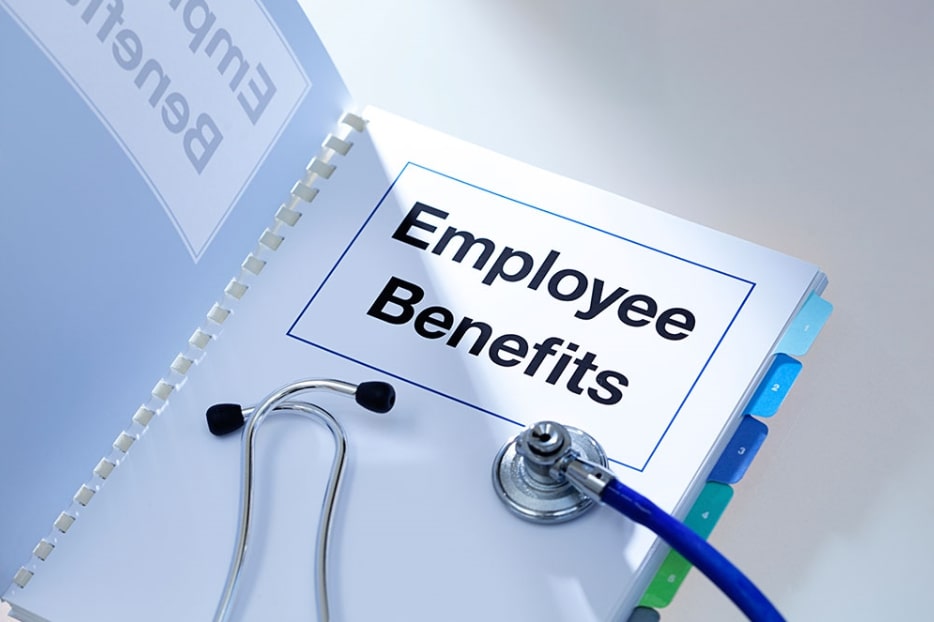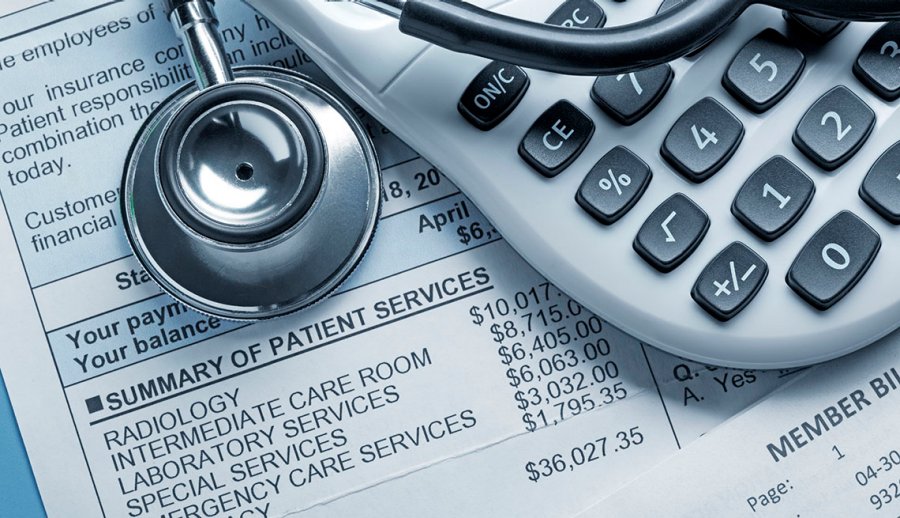One of the primary objectives of health insurance is to protect you in case something happens. Thus, a large part of the insurance plan’s cost is paying claims. Insurance companies are constantly on the lookout for new ways to cut costs and limit their exposure in any given case. One of the ways that they do this is through “could impact on health insurance.”
Simply put, Covid impact describes a situation where the costs of your coverage may increase in the future, regardless of whether you ever need to file a claim. If, for instance, you have an accident or a slip and fall, you may be entitled to receive compensation for this without having to file a claim. However, you could also suffer from lost wages, pain and suffering, and other forms of monetary harm. If this ever occurs, you may end up owing more on your insurance than the value of the coverage you purchased.
There are two main ways that this happens: if your policy extends coverage to a pre-existing condition, and if the pre-existing condition turns out to be a later diagnosed condition. For example, if you have cancer and need a lung transplant, you may be able to recover some or all of your lost income due to the new condition. However, there is no guarantee that you will regain the full amount that you originally paid for coverage. If you do not file a claim, the cost of your coverage would remain unchanged. In this way, it is possible that you could face a solid impact on your health insurance, even if you never have to make a claim against it.
Another way in which this can occur is if you choose the wrong coverage. For example, if you purchase a life insurance policy to cover funeral expenses, you can still incur a solid impact on your insurance costs in the future. If, later, you find yourself needing to make a claim for a pre-existing condition, your funeral expenses will be covered, but you will no longer have coverage for your cancer recovery. In this case, it is likely that your insurance company will raise your rates or require you to purchase a rider to your health plan to receive funeral benefits.
If you purchase a health plan that does not provide any type of financial protection should you become ill or injured, a solid impact on your health insurance policy may occur if you become too sick to work. If, after making regular doctor visits, you become unwell for a short period of time, you may be eligible for a percentage of your medical bills. This would take into consideration any extra costs associated with being unwell, such as hospitalization and prescription drugs.
Another way in which a solid impact on health insurance occurs is if your health plan stops offering coverage to certain pre-existing medical conditions. In this case, you will need to purchase additional coverage, or pay the exorbitant costs associated with it out of pocket. It is highly recommended that you stay on top of your regular doctor visits, especially if they turn out to be medically related. By regularly making those visits, you can begin to build up your “excess” health insurance coverage. This excess coverage will pay for the medical expenses that you have out-of-pocket, and in many cases, will also increase your premiums.
Let’s Get Started Today
You may qualify for a large subsidy, that results in a $0 premium. Take action today!
“The agent that helped me find the correct plan with for my growing family is the best. I think that her goal was the fitting us in the best plan for us, not her commission”
A Recent Client
Florida Resident








